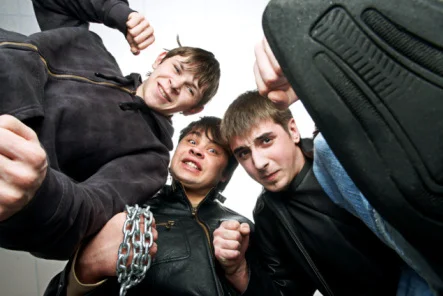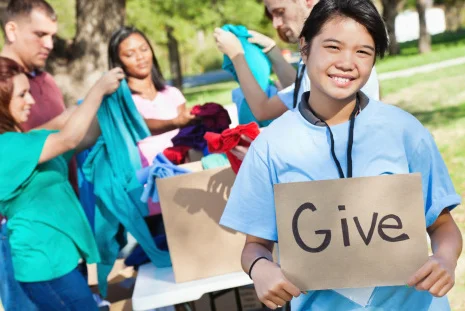+1 845 259 2974 (11 a.m to 7 p.m CST)
Teens, peer pressure and emotions

Teens aren’t exactly renowned for their knack to make sensible decisions on consistent basis. Swayed by emotions and influenced by peer pressure, they get themselves stuck in challenging situations, entrapped in unfavorable circumstances and dealing with adverse consequences. For parents and educators, keeping kids out of trouble is nothing short of a steep challenge. Since teens don’t know how to deal with peer pressure effectively and remain in control of their emotions, the concerned adults find themselves with an even greater responsibility to protect and guide them.
The come-what-may attitude of teens
Impulsive nature, emotions, and peer pressure activities can often inject a heavy dose of complication in kids’ lives. According to John Dacey, psychologist and a professor of human development at Boston College, the mindset of teens characterized by come-what-may attitude is what’s mostly responsible for teen pregnancies, substance abuse, delinquencies, dropping out of school, etc. He feels that the lack of self-control in teens can have a far-reaching impact on their life. Stephen Garber, psychologist, director of the Behavioral Institute of Atlanta and the co-author of Good Behavior, believes that self-control is something that can be taught to kids. However, most kids aren’t learning it, which consequently makes them prone to go with the flow and endanger their well-being in the process.
Dacey feels that instilling a sense of right and wrong in kids from a young age can help to shape their values and prepare them to make the right decisions and safe choices. However, this alone may not be enough in his opinion.
Teens’ susceptibility to emotions and peer pressure
The come-what-may mindset and lack of self-control in teens is largely perpetuated by two factors, namely emotions and peer pressure. Anger, fear, frustration, anxiety, etc. can cause them to either act on impulse, or panic and do something without much thinking. Peer pressure, on the other hand, can coax them into doing something that they wouldn’t have otherwise done, or keeps them from doing the right thing against their better judgment such as drinking at a party or engaging in a risky activity for thrill and respect. Low self-esteem, low confidence, desire to feel part of the group, etc. are just some of the things that increase their susceptibility to it. Teens lacking self-control offer little resistance to their emotions taking control of them or the pressure exerted by their peers.
Teaching teens to remain in control
It’s common for teens to succumb to their emotions, give in to the perceived expectations of their peers, and consequently do or adopt harmful activities. However, parents and teachers can help kids to remain in control of their emotions and fight off peer pressure through self-control. In order to teach this skill to teens, parents need to start working on stilling a sense of right and wrong in kids from a very young age. Furthermore, they should hold them accountable for their actions in order to reinforce the idea of consequences in their minds. Both parents and teachers can help teens handle their emotions better by breaking them down into feelings and teaching them how to deal with each feeling appropriately. This is particularly effective in case of anger, which can overshadow other feelings and cloud the judgment of kids, thus fuelling their carelessness and impulsiveness. Parents need to sit down with their young ones, identify the different peer pressure situations and discuss the most appropriate way to handle them and get out of them safely.
Learning to exercise self-control can indeed help teens guard themselves against potential threats with far-reaching implications. Of course, they’d find their resolve challenged in different situations and under different circumstances, which is why parents and teachers should always be on their toes, ready to intervene if and when the need arises.























